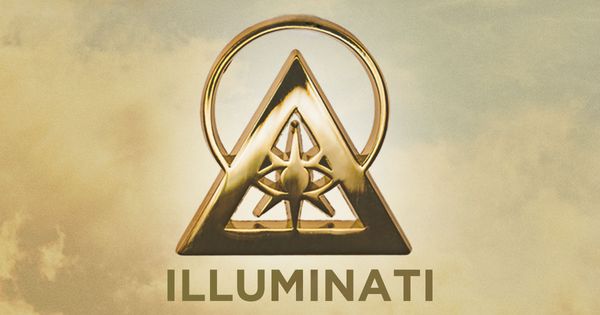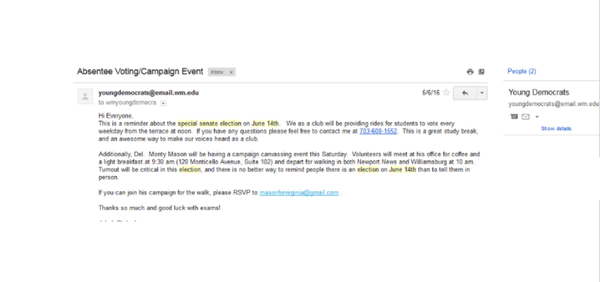Marriage has worked as an institution forever, however the reasons for marriage have varied greatly over the centuries. There are many different theories about the origins of marriage and the reason for its existence. Some have said that women couldn't survive in the caveman era without the strength and protection of men, so they had to form a partnership. Others have said that men couldn't make clothing or do the "domestic" duties of a woman back in the day, and therefore relied on her creativity and nurture.
As time progressed, marriage became more of an economic venture. It was a way to increase wealth by pooling incomes, a way of procreating to establish child labor on the farms, and it was a way of expanding social networks among in-laws. Cleopatra herself used her first marriage as a way to strengthen her empire. Marriages among rulers were used to bridge political gaps among nations to bring peace and create unity.
Marriage was meant to be life-long, and was hardly ever based on any kind of emotion. Parents would choose acceptable suitors for their children, and therefore love was not required between husband and wife. A man was never supposed to look at his wife as he would look at his mistress. Love and passion were not suitable within a marriage, because it distracted from the business and practicality of the union. This is such a foreign idea to us today.
As time progressed, ideologies shifted greatly. People became more economically prosperous, and as the industrial revolution set in, women no longer needed to have a multitude of children to do the housework as they became more self-sufficient. Effectively, women began pressing for their rights to be taken seriously in the political realm as they fought for suffrage. Marriage then became less of a business venture.
As marriage shifted away from purely a resolution to sufficiency, there was less reason for a couple to stay together indefinitely. Divorce rates steadily rose throughout the 1900's. There were specific times when divorce reached small peaks, specifically following World War I and World War II. During the wars, men went off to fight while women stayed home and had autonomous rule over their house and children. They were forced to go out into the work world to provide for their families in ways that were unprecedented. When men finally returned home and expected to lead the house as the bread-winner they once were, their independent wives met them with push-back.
Divorce reached an all-time peak in the 1970's when the government issued a statement called "No Fault Divorce," in which one spouse could leave the other without having to prove that the spouse did something wrong. Finally, people could exit unhappy relationships easily. People were free to marry and divorce as they saw fit. But as people became increasingly fearful of the divorce rates, they questioned the reason to marry at all.
While a strong majority of people still get married today, but there has been an increase in cohabitation. Now that people no longer rely on children to maintain the farm, there is not as strong of a push for marriage among people who do not wish to have children. Marriage rates are declining in all communities except for the LGBTQ community, who have recently attained legal rights to marriage in the U.S. Marriage has become something of a luxury good, in which people who have more wealth are more likely to marry because they have stable jobs and the ability to foster a sturdy household for children, while less wealthy people are more likely to cohabitate. According to the Pew Institute, “half or more [of people] think there is no difference between being married or single in the ease of having a fulfilling sex life, being financially secure, finding happiness, getting ahead in a career or having social status.”
Views on the institution of marriage have been altered greatly throughout history. In recent days people are less likely to rely on marriage to raise children, to increase social networking, or to increase economic prosperity. Is this mentality here to stay? What will happen next?





















